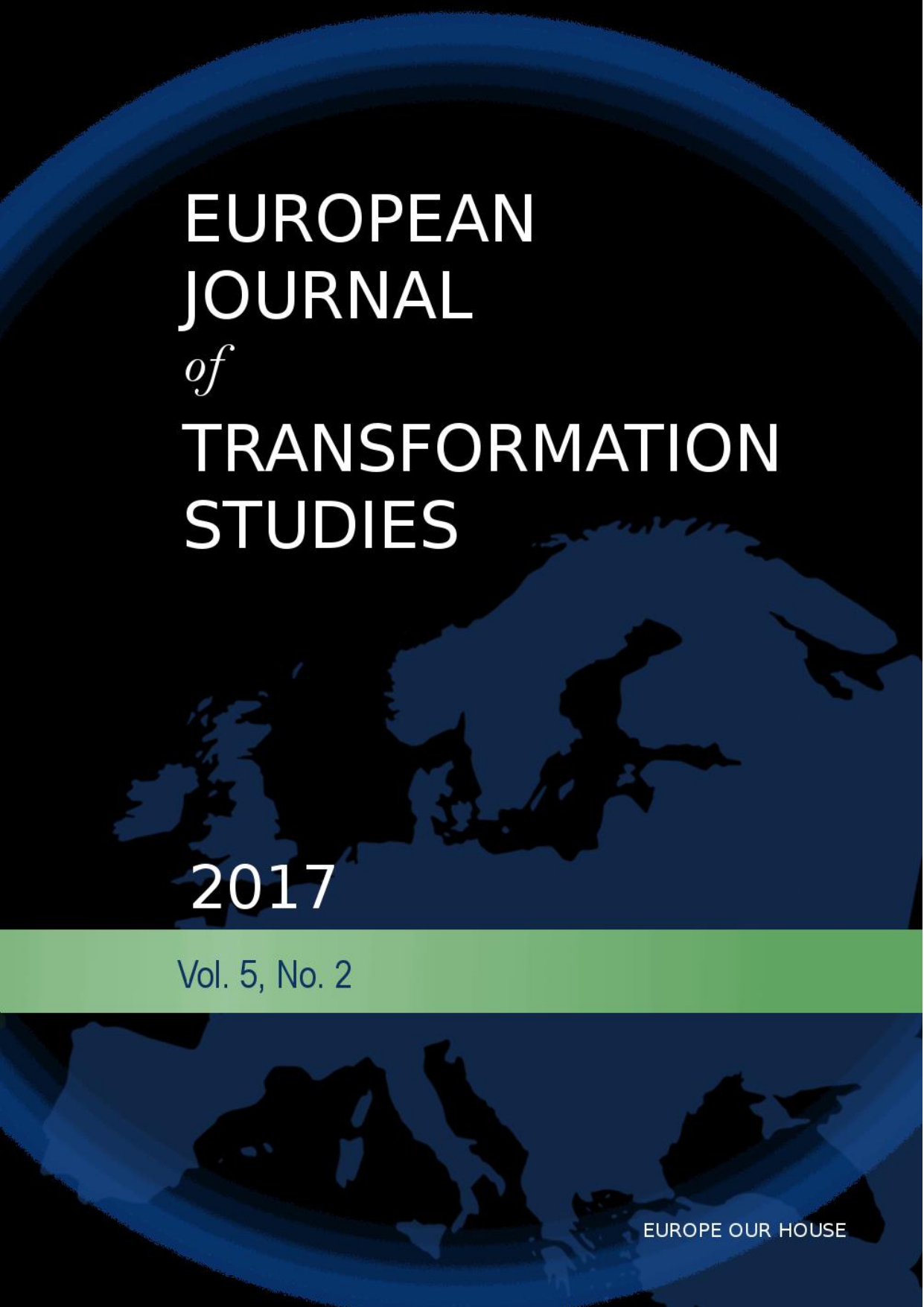György Lukács and Stalinism: A Complex Relationship and Its Relevance for the Politics of the 21st Century
Keywords:
György Lukács, Stalinism, Marxism, Leninism, Leszek KolakowskiAbstract
One of the arguments that is used frequently by the critics of György Lukács is built around the label of Stalinism, a label which obviously discredits the Hungarian philosopher in the eyes of those left wing sympathizers who are less familiarized with his writings and his activity. If for the neoliberal and/or conservative public it’s usually enough to use the stamp of Marxist to damage the image of an author or the ideas he releases, for those who have progressive views, only bringing into discussion Stalinism, maybe the most horrible face of the left wing totalitarianism, can really be harmful for the target of the attack. Therefore, it is easily understandable why well intended critics, but also individuals who with clumsiness are trying to hide the anti-Semitism which fuels their contempt towards Lukács, equalize him with a doctrine which provoked so many destructions in Central and Eastern Europe. But how much truth there really is in this accusations which many take for granted?
My study focuses on some aspects from Lukács’ biography, but the main component of the analysis is represented by fragments from books and articles written by the philosopher, and also from the interviews that he has given. To better understand these texts, I rely on volumes dedicated to Lukács’s life and activity. For the clarity and depth of my conclusions, I also consult some elements from the writings of an important philosopher of the XXth century linked to the Marxist theory, Leszek Kolakowski. The main conclusion of my research is that we cannot label Lukács as a fully committed Stalinist.
Downloads
References
Barbu, D., (2004), Republica absentă. Politică ti societate în România postcomunistă, editura Nemira, București.
Bobbio, N., (1987), Which socialism? Marxism, Socialism and Democracy, translated by Roger Griffin, edited and introduced by Richard Bellamy, University of Minnesota Press, Minneapolis.
Dallin, A., Patenaude, B. M. , (ed.) (1992), Stalin and Stalinism, Garland Publishing, Inc. , New York and London.
Kolakowski, L., (1990), Main Currents of Marxism: Its Origins, Growth and Dissolution, 3. The Breakdown, Oxford University Press, New York.
László, I., Farkas, J., Miklos, Sz., Szerdahelyi, I., (ed.), (1993), Hungarian Studies on György Lukács, volumes 1-2, Akadémiai Kiadó, Budapest.
Lukács, Gy., (1971), Lenin: A Study on the Unity of His Thought, The MIT Press, Cambridge.
Lukács, Gy., (1983), Record of a Life. An Autobiographical Sketch, The Thetford Press Ltd. , Thetford.
Lukács, Gy., (1991), The Process of Democratisation, translated by Susan Bernhardt and Norman Levine, with an Introduction by Norman Levine, State University of New York Press, Albany.
Lukács, Gy., (1972), Tactics and Ethics: Political Essays, 1919-1929, Harper Torchbooks, New York.
Medvedev, R. A., (1979), On Stalin and Stalinism, Oxford University Press, Oxford.
Pinkus, T., (ed.), (1974), Conversations with Lukács, The Merlin Press, London.
Popper, K. R., (2001), A nyitott társadalom és ellenségei, forditotta Szári Péter, Balassi Kiado, Budapest.
Tucker, R. C., (1977), Stalinism: Essays in Historical Interpretation, W. W. Norton and Company Inc., New York.
Internet sources

 Academic Scientific Journals
Academic Scientific Journals



